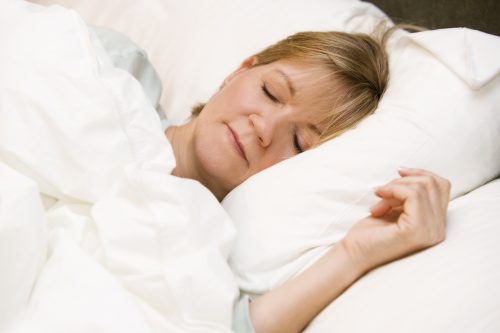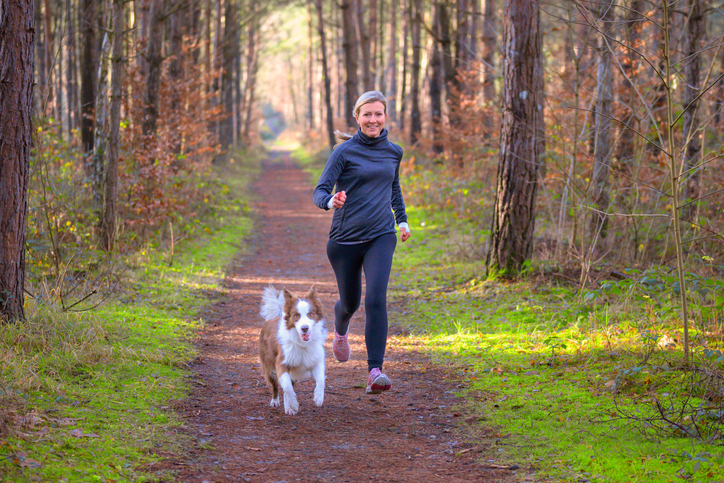
Women who sleep for too many or too few hours each night, or have poor sleep quality, may increase their risk of falls, according to a new study.
Researchers queried the Women’s Health Initiative (WHI) to gather data on 157,306 women pertaining to sleep quality, sleep duration, and insomnia. During each year of follow-up (mean follow-up time for falls, 7.6 years; for fractures, 12 years), they recorded annual self-reports of falling two or more times, which was considered “recurrent falling.” Sleep disturbance and time to first fracture was evaluated using Cox proportional hazards models. The majority of women (37%) reported getting 7 hours of sleep each night, so researchers used 7 hours as the sleep duration referent. Sleep duration of ≤5 hours (8.3%) was considered short, and ≥10 hours (0.5%) was long (4.4% reported sleeping ≥9 hours).
Participants who received 8 to 9 hours of nightly sleep were generally older than women who slept ≤5 hours. Short and long sleepers were both more likely to report depressive symptoms; 21% of long sleepers reported using an antidepressant, versus 6% of 7-hour sleepers. Short and long sleepers were also more likely to have fair/poor health (20% and 25%, respectively) than 7-hour sleepers (7%), and were more likely to take diabetes medication. Long sleepers were more likely to weigh more than short sleepers.
When adjusting for variables including comorbidity, medications, and physical function, women who slept for long and short periods of time were more likely to report recurrent falls (odds ratio [OR] 1.28; 95% confidence interval [CI], 1.23 to 1.34 and OR 1.25; 95% CI, 1.09 to 1.43, respectively). Risk factors for recurrent falls included poor sleep quality, insomnia, and more sleep disturbances. Short and long sleepers were nearly twice as likely to have reported falling in the past 12 months than women who slept 7 hours a night. There was a “modest” correlation between short sleepers and total, upper body, lower body, and central fractures, but no association was observed for hip fractures.
The study authors concluded by calling for future prospective studies, as well as long-term sleep intervention trials with falls and fractures as the primary outcomes.
Osteoporosis-related Fractures Pose Significant Financial Burden on Medicare Beneficiaries
New Apple Watch Can Monitor Heart Rate and Detect Falls
Study: Vitamin D Supplements Do Not Affect Bone Health
Are there associations between sleep bruxism, chronic stress, and sleep quality?







 © 2025 Mashup Media, LLC, a Formedics Property. All Rights Reserved.
© 2025 Mashup Media, LLC, a Formedics Property. All Rights Reserved.